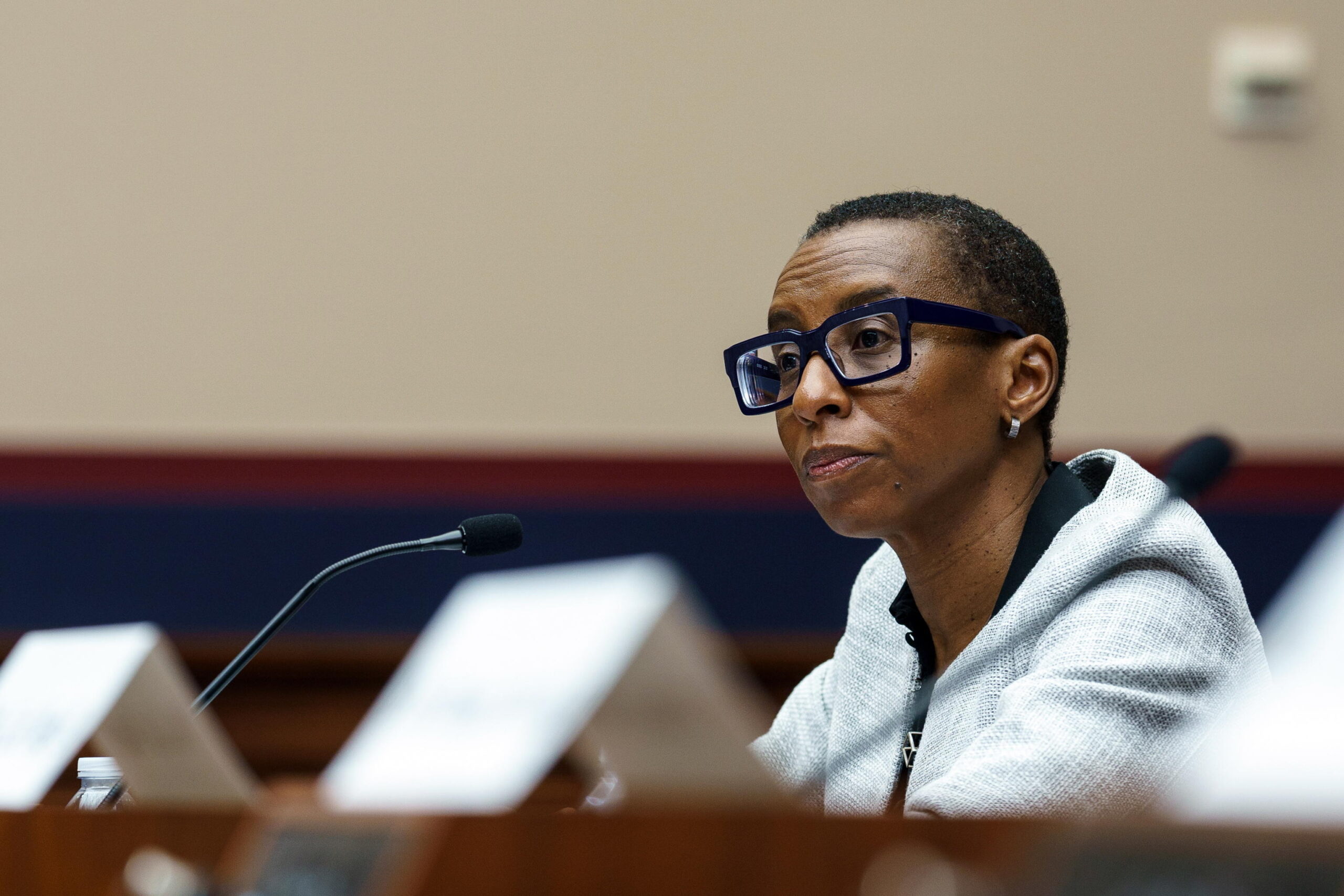Claudine Gay has resigned as president of Harvard, the prestigious US university in Massachusetts. She did so after weeks of controversy stemming from the student protests that rocked her university, after her speech at a congressional hearing that failed to convince critics, and despite the university board's vote unanimously defending her. “It was appalling to be subjected to personal attacks and threats fueled by racism,” Gay, who was the first black woman to serve as president of Harvard, wrote in her resignation letter. His term began in July 2023, just six months ago. “I write with a heavy heart, but with deep love for the university,” she begins, announcing her decision, which was made after consultation with members of the Board of Trustees. “My deep connection to Harvard and its people has made it even more painful to witness the tensions and divisions that have torn our community apart in recent months and weakened the bonds of trust and reciprocity that have been our sources of strength during this time and support.” During this crisis, it continued: “It was disturbing to see my commitment to fighting hate and maintaining academic rigor questioned, and it was frightening to be the subject of personal attacks and threats , which were fueled by racism.” Gay explains that he made this decision to restore calm to the university so that “the community can meet this moment of extraordinary challenge by focusing on the institution and not on a specific individual “. In Congress, the academic refused to openly condemn the student demonstrations after around seventy representatives, mostly Republicans, demanded this. The allegations made against him in recent weeks include, among other things, that he committed plagiarism because he copied material in his scientific publications without giving the necessary attribution to the sources. In early December, Liz Magill, 57-year-old president of the University of Pennsylvania, resigned following her congressional confirmation hearing for similar reasons to Gay.
Also read:


